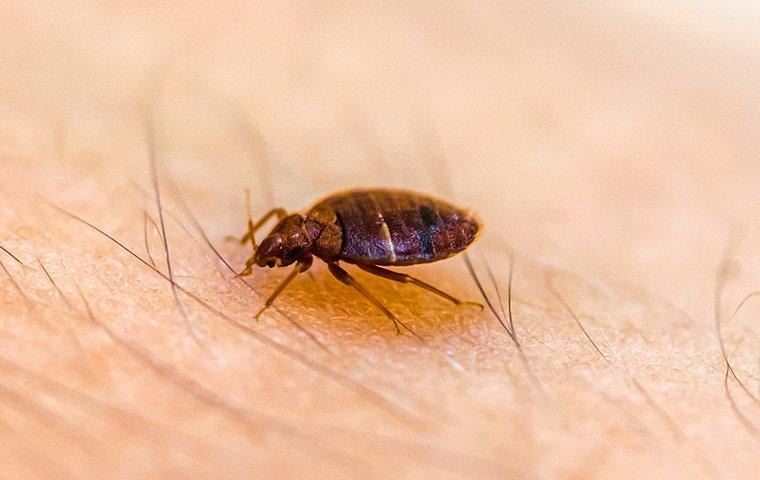For first-time house owners who are looking for a substitute for chemical pesticides at home, natural pest control methods have become highly sought out and attached. One of these options is plant-derived essential oils, which are aromatic compounds that some insects find repugnant. These complex plant extracts have developed as part of their natural defense systems to combat insects and other threats and contain a range of bioactive components.
Many DIY enthusiasts swear that essential oil solutions are the best way to attack home pests, but one should know how they measure up to professional treatments! For more persistent or severe pest issues, Longview Exterminator Services can give you a comprehensive solution that eradicates the pest problem at the source, working alongside any natural methods you may be using in your home.
Do Essential Oils Kill Bugs?
No, essential oils do not usually kill bugs, but they do work great as insect repellents against some invaders.
Studies of essential oils have found that certain compounds are offensive or disruptive to the sensory systems of insects. For instance, lemongrass oil had strong mosquito-repellent activity, with rates ranging from 74-95%, depending on the concentration. Peppermint oil is also reported to have an ant-repelling quality, and one study found over 90 percent less ant traffic across peppermint oil-treated surfaces.
But these effects tend to be short-lived. Most essential oils are volatile, so their repellent effect generally lasts 30 minutes to a few hours without reapplication. They also have a wide range of effectiveness, depending on:
- What kind of insect it specifically target?
- Conditions in the environment, such as temperature and humidity
- Correct concentration and method of application
- The quality and purity of the essential oil being used
Although essential oils might repel bugs from entering treated places, they seldom solve existing infestations or deliver the whole management that professional pest administration can.
How To Use Essential Oils To Keep Bugs Away?
You can still use essential oils for small infestations or as a preventive measure (not the ultimate solution). Some methods include:
DIY Spray Solutions
To make a basic repellent spray, add 15–20 drops of essential oil to 2 cups of water and 1 tablespoon of alcohol (which helps the oil & water combine). Common varieties include peppermint, tea tree, and citronella oils for general insect repellent. Spray around doorways, windowsills, and other entry points, and refresh every 1–2 days as necessary.
Diffuser Applications
An essential oil diffuser will not only repel insects but also create an aromatic atmosphere in the house. Mix 5-10 drops of lavender, eucalyptus, or lemongrass oil into your diffuser to repel flying insects like flies and mosquitoes. Best suited for indoor usage, it needs to be deployed continuously for best results.
Direct Application Methods
For focused defense, place thinned-out essential oils (always combined with a service provider such as coconut or jojoba) in detail areas. Cotton balls saturated with cedarwood oil can keep moths away in closets, and rosemary oil rubbed on plant foliage can nudge certain pests away from gardens. Note: Essential oils should always be diluted before being applied to the skin.
Want To Keep Pests Away? Speak To Pest Control!
Essential oils are a holistic approach to pest control, but if the infestation is serious, consider professional pest control as they provide complete, long-lasting pest control solutions. While you may find general pest control products, professional exterminators come equipped with specialized knowledge, identifying specific species of pests and where they entered, in addition to addressing the underlying issues for the infestation.
They also have professional-grade treatments that work better than do-it-yourself methods. To protect yourself at any time, establish regular pest management nowadays and partner with professionals who use integrated pest technology to combine preventive strategies with selective treatments. This integrated approach provides the dual benefit of immediate comfort and sustainable guarding against future infestations.

